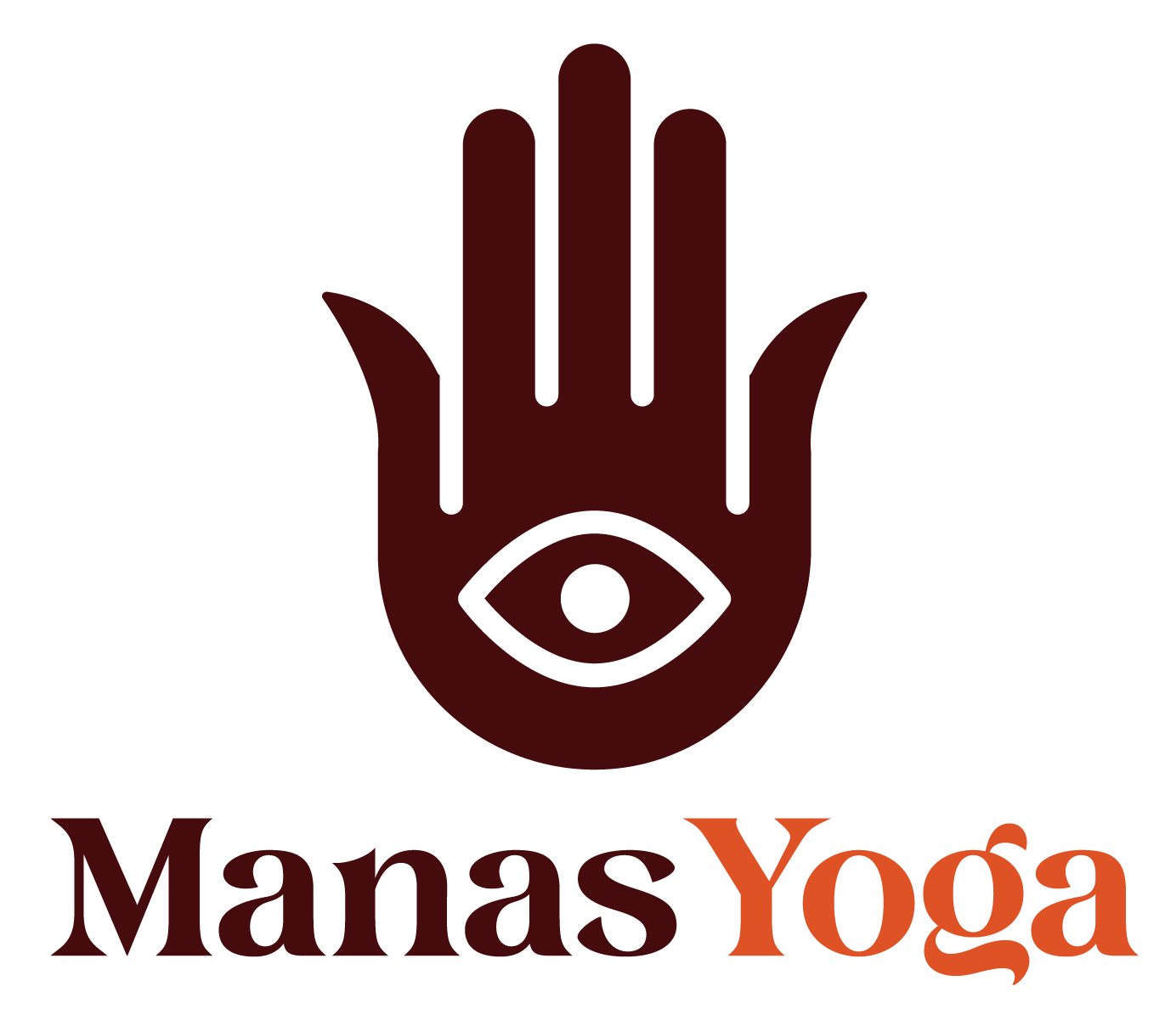Beyond Labels. Beyond Boundaries. Yoga for Every BODY
Long before yoga became a global wellness phenomenon, it was born from the hands of rebels, outcasts, and revolutionaries. The first yogis were not the pristine, Instagram-perfect practitioners we see today. They were the society’s misfits—brown-skinned warriors of spirit, deemed strange by the rigid social structures of their time, who would ultimately spark a revolution that would transform the world.
Rebels in Loincloths: The Original Revolutionary Practice
India, under British colonial rule—a time of extreme social stratification, where bodies were categorized, controlled, and brutally oppressed. The early yogis were those who refused to be boxed in. They were the queers, the weird ones, the spiritual warriors who challenged every single societal norm. Their bodies—often scarred, sometimes deliberately modified, always defiant—were their first act of resistance.
These were not just practitioners of a spiritual discipline. They were activists. When the British sought to control, categorize, and suppress, the yogis responded with a profound, embodied rebellion. Their practice was political. Their breath was resistance. Their very existence was a statement (the main reason why I got attracted to the asana practice, before learning this, I was only learning the sacred texts).
Yoga: Standing Tall Against Oppression
In colonial India, yoga was more than a spiritual practice—it was a powerful weapon of physical and cultural defiance. The British colonizers saw Indian bodies through a lens of racist contempt: too small, too dark, too weak. They propagated a narrative of physical inferiority, seeking to crush not just the spirit of a nation, but its very sense of bodily dignity.
The Body as a Battlefield
Standing poses became an act of pure emancipation.
Imagine warriors deliberately building strength in direct response to colonial mockery. Each Virabhadrasana (Warrior Pose), each Trikonasana (Triangle Pose), was a deliberate middle finger to the colonizers’ racist narratives. These were not just physical movements—they were declarations of strength, sovereignty, and self-respect.
The Body as a Site of Revolution
The yogic traditions emerged from the margins—from individuals who were considered too different, too radical, too outside the acceptable norms. Sound familiar? This is the same spirit that fuels every movement of liberation—from female empowerment, and LGBTQ+ rights to racial justice.
These early yogins were:
- Challenging Colonial Power Structures
- Rejecting imposed social hierarchies
- Using their bodies and spiritual practices as tools of resistance
- Creating community among the marginalized
- Preparing the ground for India’s independence movement
From Outcasts to Global Movement
What began as a practice of the societal “others” has now become a global phenomenon. The very bodies once deemed unworthy—brown bodies, queer bodies, bodies deemed “different”—have transformed yoga into a worldwide practice of healing and empowerment.
Think about that for a moment. The practice that was once used to marginalize and control has become a powerful tool of liberation.
A Lineage of Radical Transformation
The yogins of colonial India were the original intersectional activists. They understood that liberation is not just about physical postures, but about:
- Challenging systemic oppression
- Reclaiming spiritual autonomy
- Creating spaces of radical acceptance
- Transforming personal and collective consciousness
Their rebellion was not just against British colonialism, but against every system that sought to define, limit, and control human potential.
Your Practice, Their Legacy
When you step onto your mat today, you’re not just doing a workout. You’re continuing a legacy of resistance. You’re honoring those revolutionary spirits who refused to be defined by others’ limitations.
At Manas Yoga Studio, we see yoga as more than a practice. It’s a continuation of a profound revolutionary tradition.
An Invitation to the Misfits
To the outcasts. To the rebels. To those who have been told they don’t belong.
Your body is valid. Your spirit is powerful. Your practice is an act of revolution.
Your consiousness is vast, is limitless, it has no gender, it was not born and will not die, it is never changing, it is Love. So come as you are. Breathe as you are. Be as you are.
The yogis who came before you were revolutionaries. And so are you.
Much love,
Erika (proud misfit, proud rebel, always an activist!)
